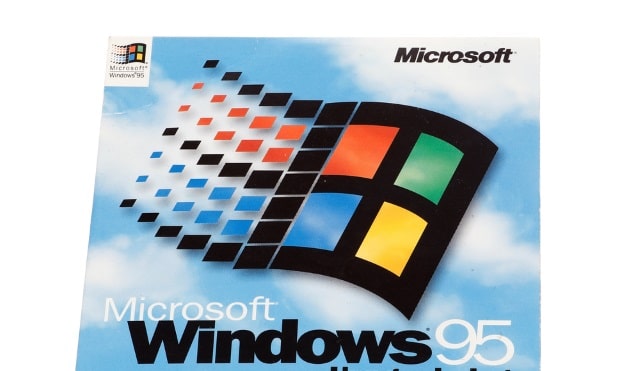
New version of Windows 95 runs faster on Windows 10, macOS and Linux
Windows 95 has been enjoying a little nostalgia-fueled revival recently. There have been concepts made for modern versions of the ancient OS on desktop and mobile and it’s even possible to give an Apple iPhone a Windows 95 makeover.
Last year, developer Felix Rieseberg released Windows 95 as an Electron app and he updated this a few months ago so it could run gaming classics like Doom. His latest update gives the OS a welcome performance boost.
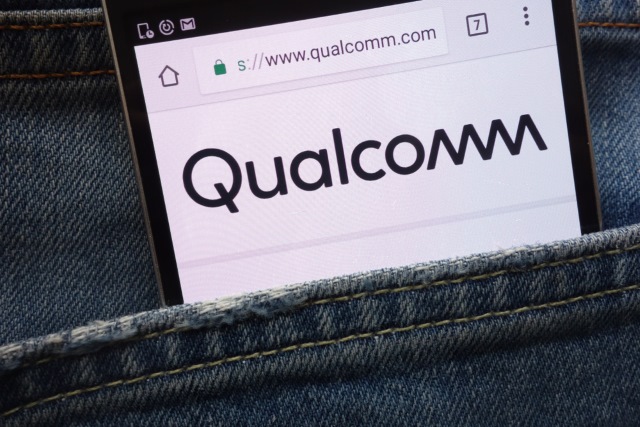
US judge rules that Qualcomm violated antitrust laws and 'strangled competition'
A US federal judge has ruled that Qualcomm broke antitrust laws, illegally suppressing competition and abusing its dominant position for financial gain.
US District Judge Lucy Koh wrote that "Qualcomm's licensing practices have strangled competition", criticizing the company for threatening to cut off supplies and extracting excessive licensing fees. She ordered the company to renegotiate more reasonable deals, and said that it should be monitored for seven years to ensure compliance. The chip maker plans to appeal.

Microsoft wants GDPR-style privacy laws for the US
It is now a year since GDPR (General Data Protection Regulation) rules came into effect in Europe, and on this anniversary, Microsoft is starting a conversation about bringing similar privacy regulation to the US.
The company praises the privacy framework and says that it has improved how companies handle their customers' personal data. It says that GDPR has inspired a global movement that has seen countries around the world adopt new privacy laws, and that it is time for the US to follow suit.

New solution helps enterprises manage growing numbers of IP devices
In the past managing IP addresses has been relatively easy, but with the rapid growth in connected devices, and lots more addresses becoming available under IPv6, it's set to become a whole lot more complex.
Traffic management company NS1 is launching a solution to the problem with its Enterprise DDI (combining DNS, Dynamic Host Configuration Protocol (DHCP) and IP address management).
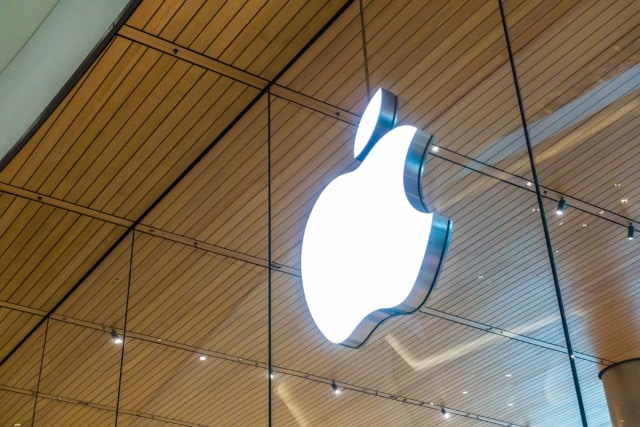
Apple addresses Flexgate with MacBook Pro display backlight service program and expands keyboard repair program
Apple has launched a new service program to address the Flexgate issue that blights numerous MacBook Pro laptops. At the same time -- and coinciding with the launch of the new 8-core MacBook Pro complete with tweaked keyboard -- the company has also expanded its keyboard repair program to address problems with its butterfly keyboards.
The display issue affects the 13-inch MacBook Pro, and owners of problematic systems find that the backlight either doesn't work at, or performs strangely. It is thought to be caused by a problem with a flexible cable in the hinge, and Apple is offering free repairs.
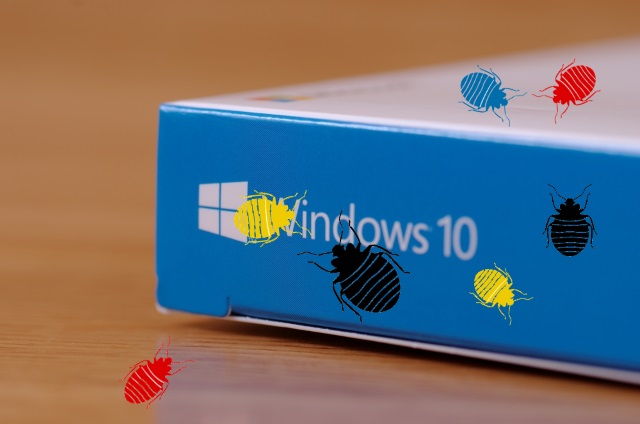
Exploit developer SandboxEscaper reveals Windows 10 Task Scheduler zero-day -- and says there are more to come
Well-known security researcher and revealer of exploits SandboxEscaper has released details of a Windows 10 zero-day that affects Task Scheduler. This is far from being the first time we've heard from SandboxEscaper, and this time around the exploit could enable an attacker to gain full control of Windows 10 or Windows Server files.
The researcher has previously revealed details of numerous other security vulnerabilities in Windows, and promises: "I have four more unpatched bugs where that one came from". Furthermore, she says: "I'm donating all my work to enemies of the US".

The Sims 4 is FREE for a limited time on Microsoft Windows 10 and Apple macOS
People sometimes forget, but The Sims was a revolutionary game when it was first released. The innovative game essentially allowed you to play God, controlling characters on the screen. It was really unique -- almost like Sim City, but instead of a city, you simulated humans/life. Hardcore gamers often turned their noses up at the game, while many casual gamers enjoyed it immensely. In fact, over 100 million copies of games from the franchise have been sold since the initial release in the year 2000.
The fourth (and most recent) major version of the game, The Sims 4, remains wildly popular today, and it is available for Windows, macOS, Xbox One, and PlayStation 4. And now, for a limited time, both the Windows and macOS versions of the game are totally FREE!
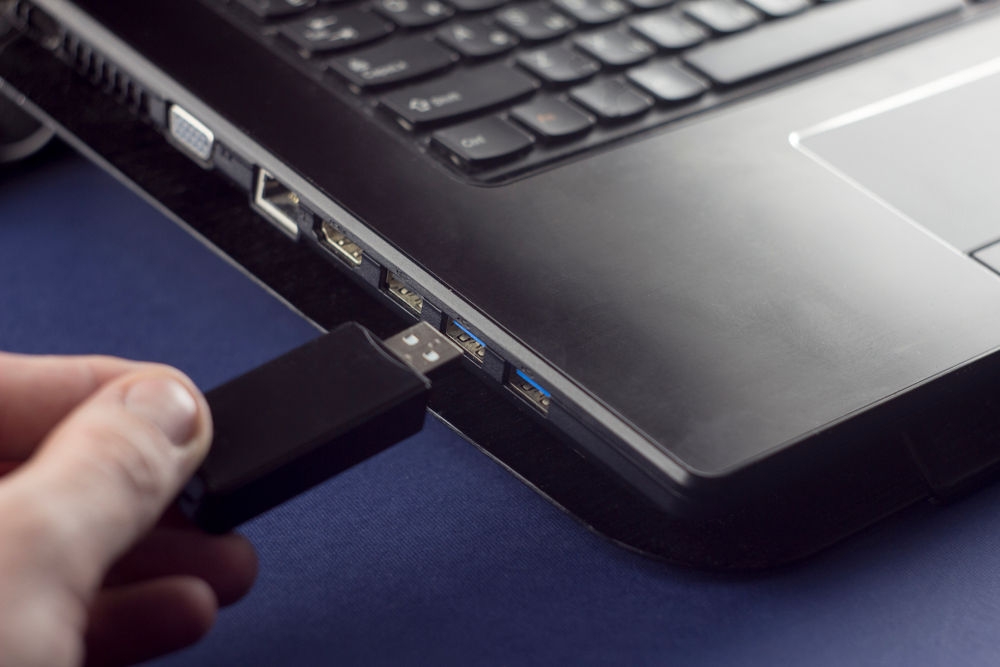
How to download the Windows 10 May 2019 Update and create your own installation USB flash drive or DVD
Windows 10 May 2019 Update is now rolling out to users with compatible systems.
If you can’t wait to try the new features, the good news is Microsoft has updated its Media Creation tool to include the update and you can use this to download Windows 10 now and create your own installation media on either a USB flash drive or DVD. This is particularly handy if you want to perform a clean install, or update multiple computers in quick succession.
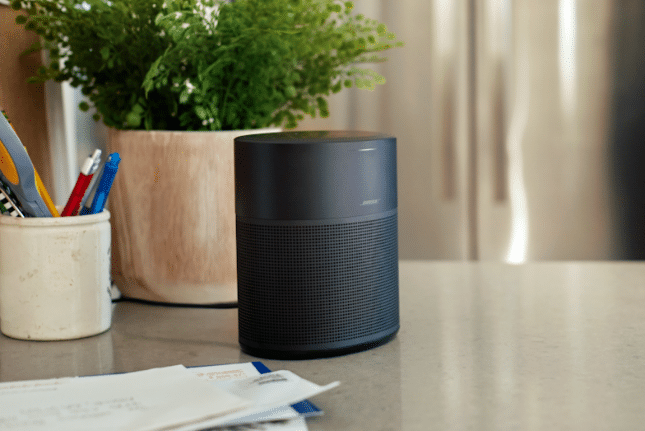
Google Assistant comes to Bose speakers (along with privacy concerns)
Believe it or not, Bose speakers are a bit controversial. While many consumers (including yours truly) enjoy the sound quality of Bose products, many self-proclaimed "audiophiles" tend to speak badly of the brand. The reality is, if you enjoy Bose speakers, that's all that matters -- ignore the haters.
Today, some existing Bose speakers are arguably getting even better. If you own a Bose Home Speaker 500, Bose Soundbar 500, or Bose Soundbar 700, you will get the always-listening Google Assistant functionality through a free automatic update.

Windows 10 May 2019 Update rolling out now -- Here's how to get it
After the mess that was the October 2018 Update, Microsoft has been a lot more cautious with the follow up, giving it an extended period of testing in the Release Preview ring.
Today, the software giant declares the May 2019 Update stable enough to begin making it available to non-Insiders, although it says it will still be taking a "measured and throttled" approach to availability.

DDoS attacks increase 84 percent in three months
The number of DDoS attacks during the first quarter of 2019 increased by 84 percent compared with the previous quarter according to a new report from Kaspersky Lab.
This reverses last year's trend of declining DDoS attacks as attackers shifted their attention to other sources of income, such as crypto-mining.

A traditional approach to security harms digital transformation efforts
Half of security professionals who adopt a more traditional or reactive approach to their data protection and security don't believe they will reach their digital transformation goals in the next five years.
This is among the findings of a report from data protection company TITUS which conversely finds that nine out of 10 security professionals deploying a strategic approach believe their current efforts will address digital transformation needs within five years and that their organization would achieve its digital transformation goals in the same timescale.

PDF Shaper 9 gains a new interface and a wealth of improvements
There are plenty of applications you can use to view and print PDF files, including Microsoft Edge. Some of them offer editing features, but they are usually a bit limited.
PDF Shaper is a collection of tools which will let you merge and split PDF files, rotate and crop pages, extract text and images, edit metadata, add a page number watermark, and convert PDFs to images (and vice versa) or to text.

Enterprises struggle with providing secure hybrid access
As businesses move towards hybrid IT environments they increasingly face threats, gaps and investment challenges to keep their systems secure.
The study from secure access specialist Pulse Secure surveyed enterprises with 1000+ employees in the US, UK, Germany, Austria and Switzerland and finds that while they are taking advantage of cloud computing, all enterprises have on-going data center dependencies.

Firefox Quantum 67 delivers better performance, protection and smattering of new features
Mozilla has released Firefox Quantum 67.0 for Windows, Mac and Linux, along with Firefox for Android 67.0.
The new release is a major one, boasting several performance improvements, a significant number of new features and tighter security and privacy with the ability to block both cryptominers and fingerprinters
